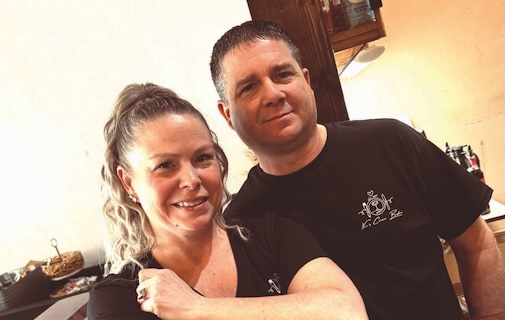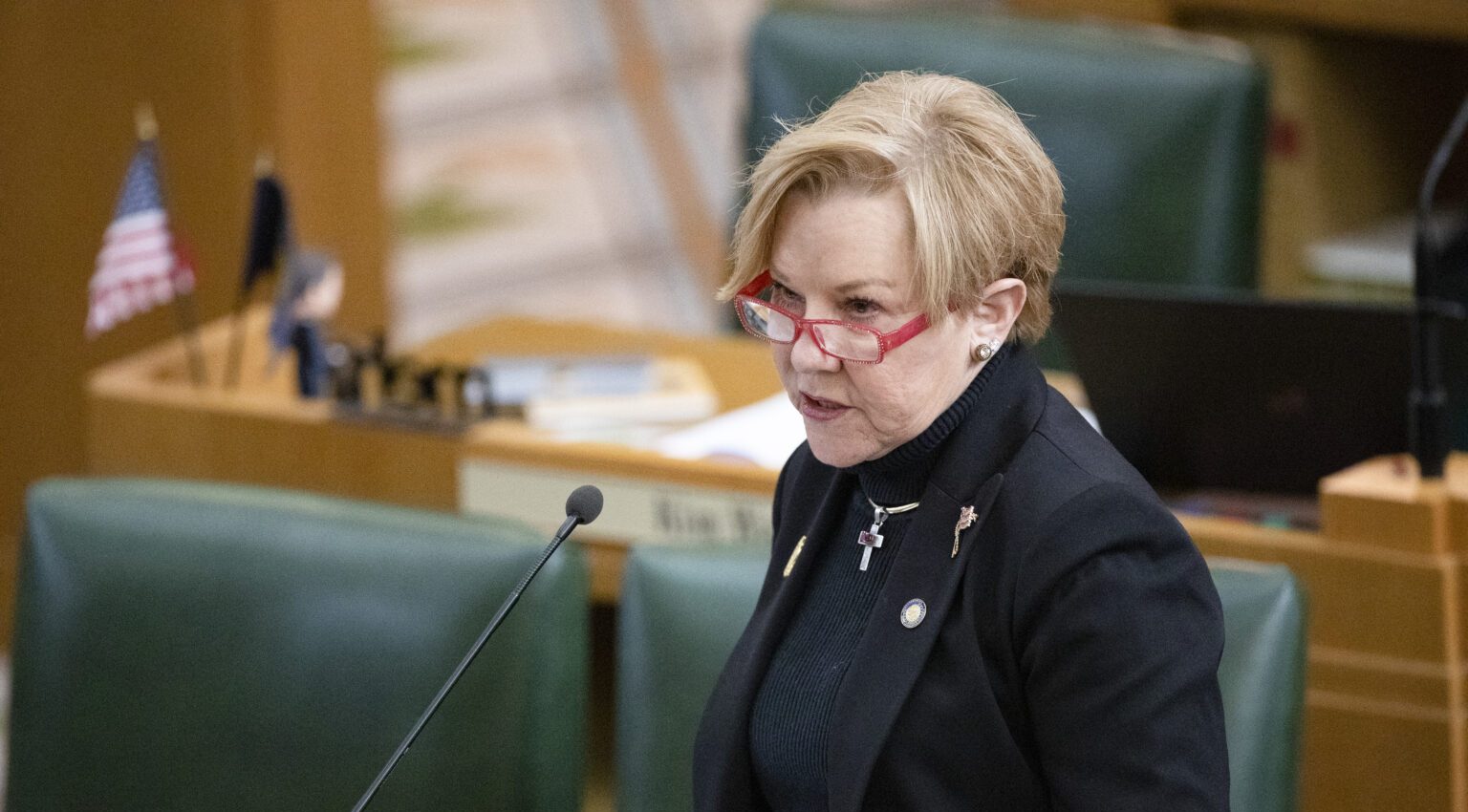Homegrown: 2020 in hindsight — what did we learn?
Published 6:00 am Tuesday, January 5, 2021

- Wattenburger
Rather than starting by looking directly at 2020, let’s go back two decades. It may help put things in perspective.
In the waning years of the 20th century, we faced potential disaster. Many of the computer systems entrusted to run our critical services — power plants, banks, medical facilities, air traffic control, etc. — had been programmed to understand dates in six digits. This was expected to become a problem when 12/31/99 turned to 01/01/00 and automated calculations were scrambled, causing shutdowns and meltdowns as computers reset to 100 years prior.
The problem was dubbed “Y2K” as a shorthand for the forthcoming year, and nations across the world spent billions of dollars reprogramming critical systems to allow for eight-digit dates, allowing computers to smoothly transition into the new century on 01/01/2000.
If you’ve thought about Y2K at all in the past 20 years, it’s probably been as a punchline. I think of the 1999 comedy “Office Space,” in which the main characters have the mind-numbing job of reprogramming millions of lines of code in preparation for the year 2000. The task seemed like a futilely stupid effort, especially in retrospect as there were no major disasters on New Year’s Day.
So what did we learn? That overreaction to a perceived problem is a waste of time and energy? That Y2K was a hoax created to sell software patches? Or that by collectively addressing a problem, we can nullify and avoid it altogether?
About 21 months later, on Sept. 11, 2001, the U.S. suffered a blow we seemingly hadn’t foreseen or prepared for. Nearly 3,000 people were killed as terrorists flew commercial jets into the World Trade Center and the Pentagon. It was a horrific day that resulted in two foreign wars, the Patriot Act, and extensive precautionary measures in air travel that we still abide by today.
We vowed to never forget. But what did we learn? That we are more vulnerable than we thought? That we are stronger when standing together? Or that by collectively addressing a disaster, we can prevent it from happening again?
The answers aren’t black and white. Complex problems often require complex solutions, and the best solutions often make it appear the problem never existed in the first place. We can only rely on the best available information and move forward.
Now, using that lens, let’s look at 2020.
Just as with Y2K, much of the work done to mitigate pain and turmoil of the coronavirus will be overlooked. Fifty-seven people died of COVID-19 in Umatilla County and more than 5,500 tested positive in 2020 — and that’s with nine months of public measures to stop its spread. Without these measures, the toll would have certainly been much worse.
The economic and social pain may be what’s remembered most vividly, especially for those who don’t suffer the loss of a loved one. In reality, these maladies are a by-product of our collective failure to stop the virus’ spread, not a direct effect of the biological enemy.
We can look at the presidential election in the same way, assuming we uphold the legal and fair results of the open electoral process. Will we remember and reinforce the steps it took to ensure the will of the people and prescription of the Constitution prevailed against the spurious claims of the powerful? Or will we forget the threat to our democracy because it didn’t end in a full-blown crisis?
History books are full of things that have happened. It’s harder to understood what could have happened, both good and bad, and which actions made the difference.
As we leave 2020 behind, we know 2021 will bring challenges of its own. But time will move on, and the details will blur. This is the time to start taking the lessons of 2020 to heart, before we forget what was at stake.





